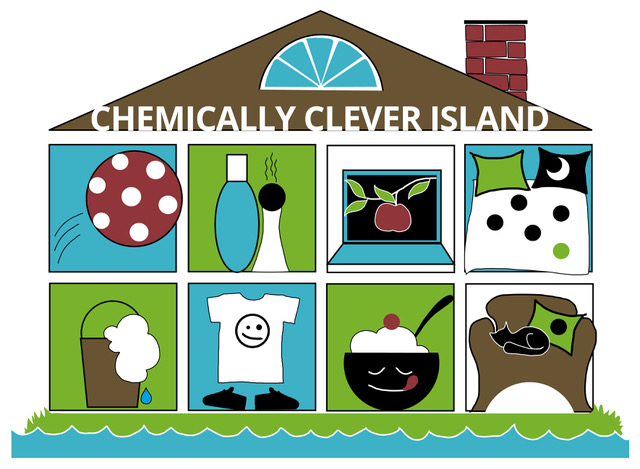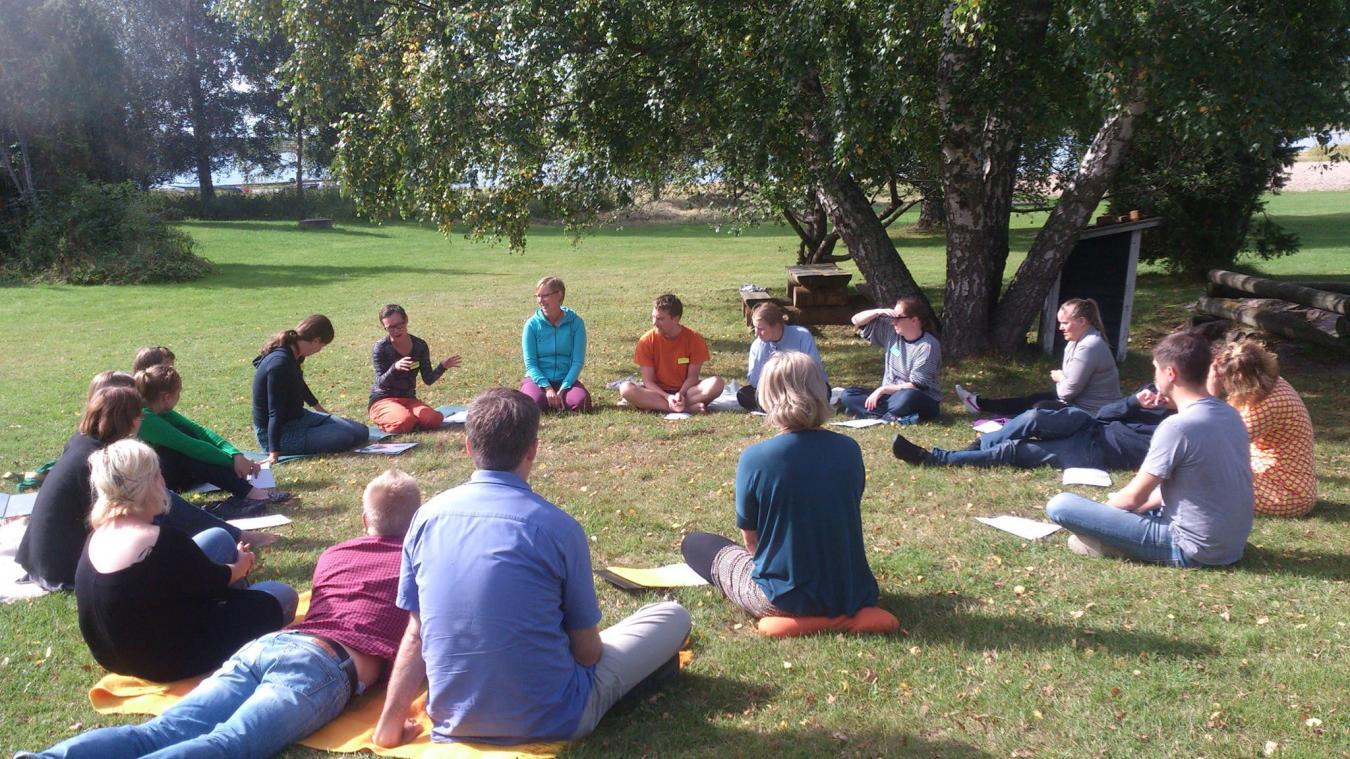It's not just WHAT we tell but HOW: The inner dimensions of awareness raising
How do we reach out to people living stressful lives and facing constant information overload? Leaders making decisions, companies making trade, industries manufacturing stuff and people working, playing, eating and raising their kids: every kind of human activity going on in this very minute – l is a mirror of how we as human beings are viewing the world and ourselves.
We may know that overconsumption is not sustainable, that babies today are born with hundreds of industrial chemicals in their blood and that our planet is facing climate change and mass extinction of species. Still, this knowledge is not necessarily leading to change in our behaviour. Why not? Shouldn’t we all be out in the streets by now, demanding courageous decisions of our leaders and working day and night to save the world as we know it? We might think we are too small to make a difference.
”It’s easy to get stuck on a level of ’shoulds’: ”Leave the car!” ”Recycle!” ”By organic food!” But we already know that, and we don’t do it anyway. It’s not the right level for things to happen. To create great change we need to think about where we are going and what we want. And we need to do it together.”
PELLA THIEL ECOCIDE ACTIVIST, ENVIRONMENTAL DEBATER
We might think that we don’t have the time or the money to make sustainable choices. Maybe we make our living in a less-than-sustainable occupation, or we are used to measuring our success in material possessions like fashionable clothes or the latest technique. We want to smell good, and we want to live the convenient lifestyle we are used to.
Now, say someone in the street hands us a list like ”10 ways to decrease your exposure to chemicals”. Will it motivate us to make any brave and inconvenient changes? Probably not. Awareness raising is not just about delivering hard facts. It is about being human beings wanting to affect other human beings. In other words, it is not just what we tell that matters, but how we tell it. And it is not only how we tell it while reaching out - it’s about how we work when nobody’s watching. We need to take care of ourselves and each other so we can believe that real change is possible. Only then can we convince others.
In our culture, facts are often seen as more important and relevant than feelings. Still, our human longings and fears are at the core when it comes to awareness raising and making change. What is really worth caring and fighting for? Why should I join this organisation? Why should I volunteer for a project, or even visit an activity tonight instead of just staying on the couch watching my favorite series?
What really matters is what we love. Our families and friends. Our pets. Horses, dolphins or lions, birds or bees. The sea. Snow and ice – or the opposite. It is easier to honor the Earth if we remember to recognize it’s beauty, feeling gratitude for what it gives us.
“In the past, changing the self and changing the world were often regarded as separate endeavors and viewed in either-or-terms. But in the story of the great turning, they are recognized as mutually reinforcing and essential to one another.”
JOANNA MACY ECOPHILOSOPHER
Planet Earth, a shimmering little pearl in a vast universe, is our very home. We do not inherit it from our ancestors. We borrow it from our children. Are we treating it accordingly? Life is all about relationships and connectedness, and the more connected we are to nature, the easier it is to care about it. But we also need to connect to other human beings, and feel that we belong.
Some people do get fueled by hard facts and numbers. Others learn better by doing things with their hands. Most of us also need to feel personally and emotionally touched to get the motivation we need to act and make changes. We get motivated by working and having fun together. We get inspired and strengthened by talking to each other, doing things together and learning from each other. Everybody is good at something, and together we can make a difference.
We also need to take care of each other, and consciously create sound groups where we practice hosting ourselves and others: taking responsibility for our contribution to the group. We might even need to set some rules that protect a safe and creative space (like banning smartphones from meetings so nobody starts to scroll on social media when somebody has been brave enough to speak up). Check out the inspiring toolboxes used by movements like the Transition Network or Art of Hosting to learn more.
The more work there is to be done, the more important it is to take care of the people willing to engage. We can’t risk people burning out or losing hope. Everybody is needed, and everybody needs to feel safe, included and appreciated. And hey, we all want to have fun on the way too, don’t we!
MORE TO READ
Active Hope. How to Face the Mess We’re in without Going Crazy, Joanna Macy & Chris Johnstone
The Transition Companion. Making your community more resilient in uncertain times, Rob Hopkins
The More Beautiful World Our Hearts Know is Possible, Charles Eisenstein

